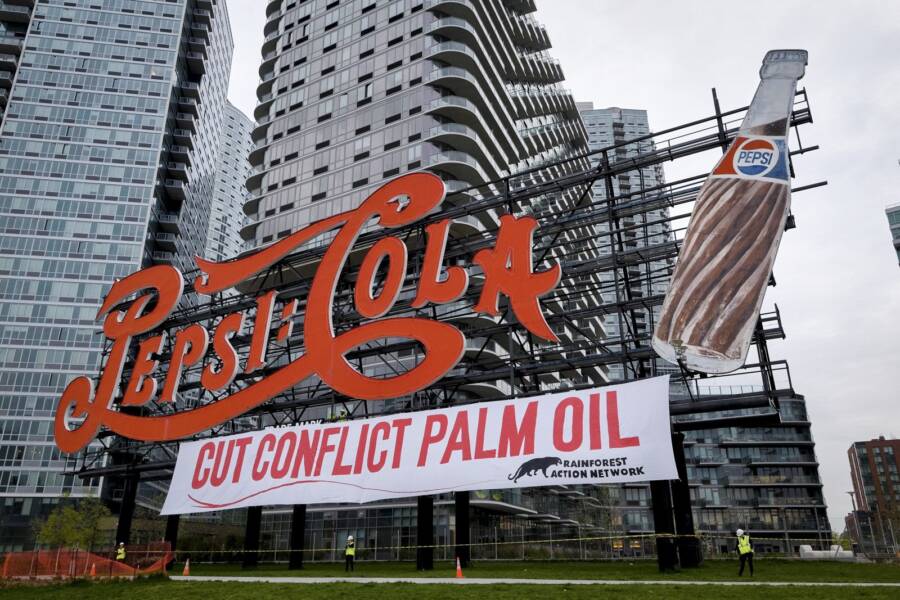How the Business World Has Become More Eco-Friendly in the 21st Century – As global resources continue to dwindle, it’s now the case that even big business can’t afford to ignore a need to become eco-friendly. This is often due to the swelling tide of public pressure and consumer consciousness that means shoppers are voting with their feet. And, they’re voting ‘green’ more than ever before.
However, there are several reasons why the business world has become more eco-friendly in the 21st century.
They are complying with legislative frameworks
How the Business World Has Become More Eco-Friendly in the 21st Century – The first big reason why businesses enact environmentally-friendly policies is, essentially, because they have to. In Australia, businesses are governed by laws that prescribe how they interact with their suppliers, customers and other business – and, this includes environmental legislation.
This has implications for decision making across the continent, for example many people now consider switching to solar power due to the government’s solar bonus scheme feed-in tariff enacted in order to reach the mandatory federal renewable energy target. This also benefits consumers on an individual financial level – and, in terms of the environment this is a great win for the energy crisis.
They are responding to increased awareness
How the Business World Has Become More Eco-Friendly in the 21st Century – The public is developing an increased, tangible sense of awareness regarding consumer goods. That means they ask more questions of companies and corporations e.g. about where products have come from, the conditions of manufacture (if sweatshops were used/animal testing) etc. There is a switch toward sustainability and humanitarian practice over exploitation and blatant profits. This puts pressure on businesses to act responsibly and ethical – particularly when it comes to the environment. After all, consumers drive their bottom line.
Environmental awareness is now a primary drive in consumer behaviour. According to statistics generated in the year 2015, two-thirds of consumers consciously choose to avoid specific brands or items due to environmental concerns. In response to this, brands like Coca-Cola and Danone have shifted their brand’s focus to a core value of sustainability. Global influencers (celebrities, public figures) the media and international institutions/non-governmental organisations (NGOs) are calling with an increasingly loud voice for increased accountability and action to stymie the rampant exploitation of the environment and natural resources.
They are protecting their reputation
How the Business World Has Become More Eco-Friendly in the 21st Century – Businesses need to keep track of their supply chains in order to avoid bad publicity and smear campaigns, as spearheaded by pressure groups. A prime example is the Pepsico, Unilever and Nestle palm oil/deforestation issue. In this case study, these household brands became exposed as factors in environmental destruction. It was found that parties in their supply chain conducting manufacturing processes on palm oil plantations in Sumatra, on illegally deforested land.
The bad press was the result of a study by activist group Rainforest Action Network (RAN). The reputation of these companies was threatened. Therefore, the brands in question issued such statements in response as to “strengthen our traceability practices by exchanging information to relevant stakeholders who have palm oil plantation data.” In today’s world, stakeholders are more likely to eschew companies that act unethically and irresponsibly, particularly when it comes to the environment – and, are more likely to invest in those that uphold a pristine reputation on this front. A good reputation, particularly when it comes to environmental sustainability, unequivocally equates to dollar signs.

It’s becoming easier to be eco-friendly via technology
How the Business World Has Become More Eco-Friendly in the 21st Century – Yet another reason why the business world has become more eco-friendly in the 21st century is because technological developments make this a lot easier, and a lot more profitable. Businesses can now limit the use of travel (for example, via Skype) the use of paper (via email/other forms of electronic communication) and by other myriad aspects of technology that reduce resource wastage and cost – all in the one hit. Also, initiatives and products (such as toner recycling and LED lights) increase efficiency whilst assisting environmental imperatives.
The age of change
How the Business World Has Become More Eco-Friendly in the 21st Century – The 21st century is an epoch in which alarmingly constricted resources, rising awareness, and technological advancements greatly affect change. This means (for all tiers of business) that ignoring environmental concerns comes with a associated cost that is both very real and significant. Awareness groups and organisations make business practice and supply chains more apparent than ever before, and public sentiment is becoming more environmentally conscious and geared towards to the “green” cause.
When it comes to corporate policy – sustainability and ethical practice are – increasingly, becoming core values. Despite often being driven by profits, a perceptible shift across the board in the corporate world toward an eco-friendly approach undoubtedly provide a positive impact on the future of the environment and humanity as a collective.






